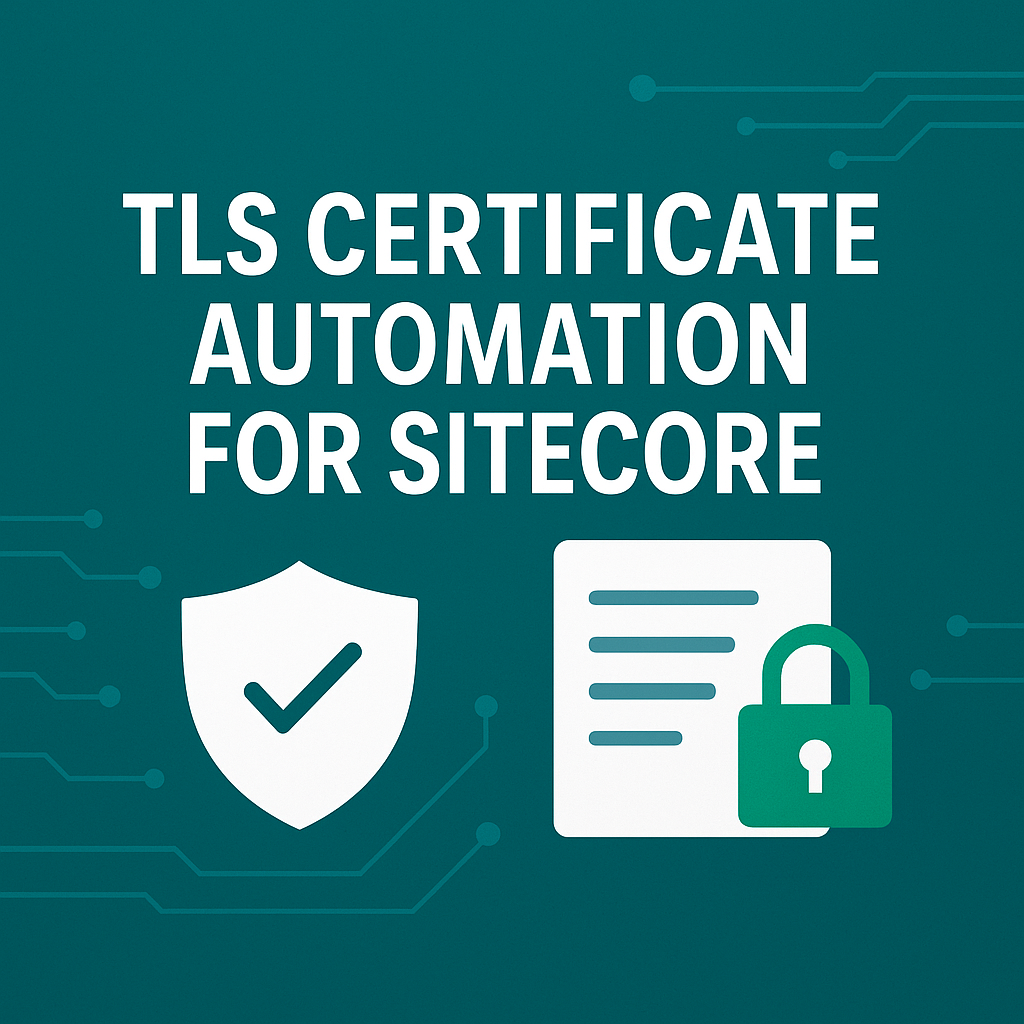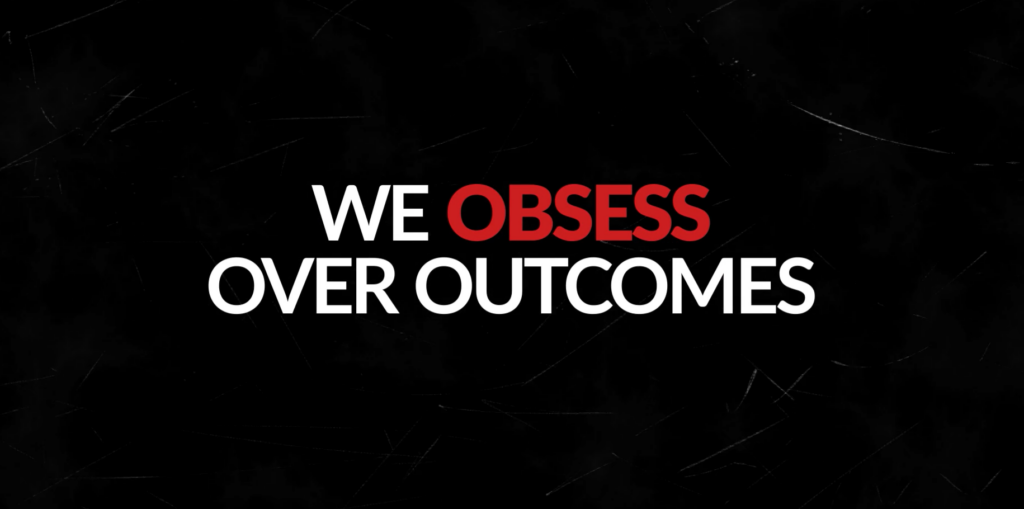There’s been a lot of reporting on the healthcare moves that retail giants like CVS, Walmart, Best Buy, and Walgreens have made of late. For the average healthcare consumer, this is welcome news — the locations are nearby, it is easy to make an appointment (and can be faster too), and the pharmacy is right there. No need for a second stop to pick up a prescription, bandages, mobility aids, or even a gallon of milk.
For medical device companies, this hyperlocal healthcare trend opens up more opportunities to reach patient consumers close to home. However, patients shouldn’t be the only audience group on your mind. Here are several ways to ride the retail wave by arming all your stakeholders with tools, information, and just-in-time support they can use right on the sales floor.
Consider all your medical device retail audiences
Patients and providers immediately spring to mind when we think about medical device audiences, but don’t forget about the additional roles that make up the retail ecosystem: pharmacists and pharmacy managers, store managers, floor staff members, and even buyers and merchandisers. Each of these roles plays a part in the sales process, and all have individual goals, challenges, needs, and opportunities.
If you haven’t taken a deep dive into these audiences, there is no better time. Talk to them, and create a set of personas and journey maps to understand their unique journey and where your products and the patient consumer intersect along the way.
It’s also important to think about your own sales team as you undertake this work. Where do they come in along the journey? What challenges or opportunities are your audiences facing that your team could address during the sales process?
Medical device tools and training for the retail space
Product knowledge and training is an opportunity that nearly always comes up when speaking to medical device organizations about their channel sales. Retail staff members have limited time to sit through trainings, and there often aren’t enough hours in the day for sales reps to train each location in their territory. More often that not, floor staff members are eager for education. They have an intrinsic desire to help their customers, to be knowledgeable, and match the right product to the right need. Medical device organizations can make this happen.
From interactive web-based product modules to mobile apps fitting with guided questioning techniques to learning modules on disease states, symptoms, and related products. Medical device organizations can equip their channel sales staff members with a variety of engaging tools that help drive confidence, knowledge, customer service, and product sales.
Gamified experiences make medical devices memorable
As you think about what types of tools and training as most appropriate for your products, don’t count gamified experiences out of the mix. Gamification brings game elements and techniques into more traditional training environments. Think about a digital experience where retail staff members learn about your product by playing several scenarios where they ask questions of fictional consumers to recommend the best product for their needs. Or consider a scenario where the staff member digitally assembles, sizes, and understands how to use a mobility aid. There’s no end to the possibilities, and gamification has been proven to increase engagement and retention.
Plus, according to Talent LMS, 83% of employees who undergo gamified training are more motivated. For medical device companies, that can translate into motivation to:
Learn about the product and keep it top of mind
Learn and ask the right questions
Match the patient consumer with the best product to meet their needs
Our Digital Healthcare Strategy team helps healthcare and life sciences organizations create memorable digital experiences that drive conversions and create brand loyalty. Contact us today for more information.





Leave A Comment